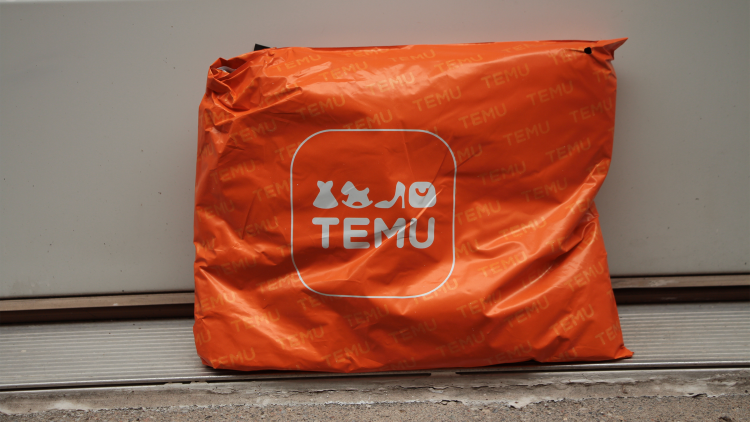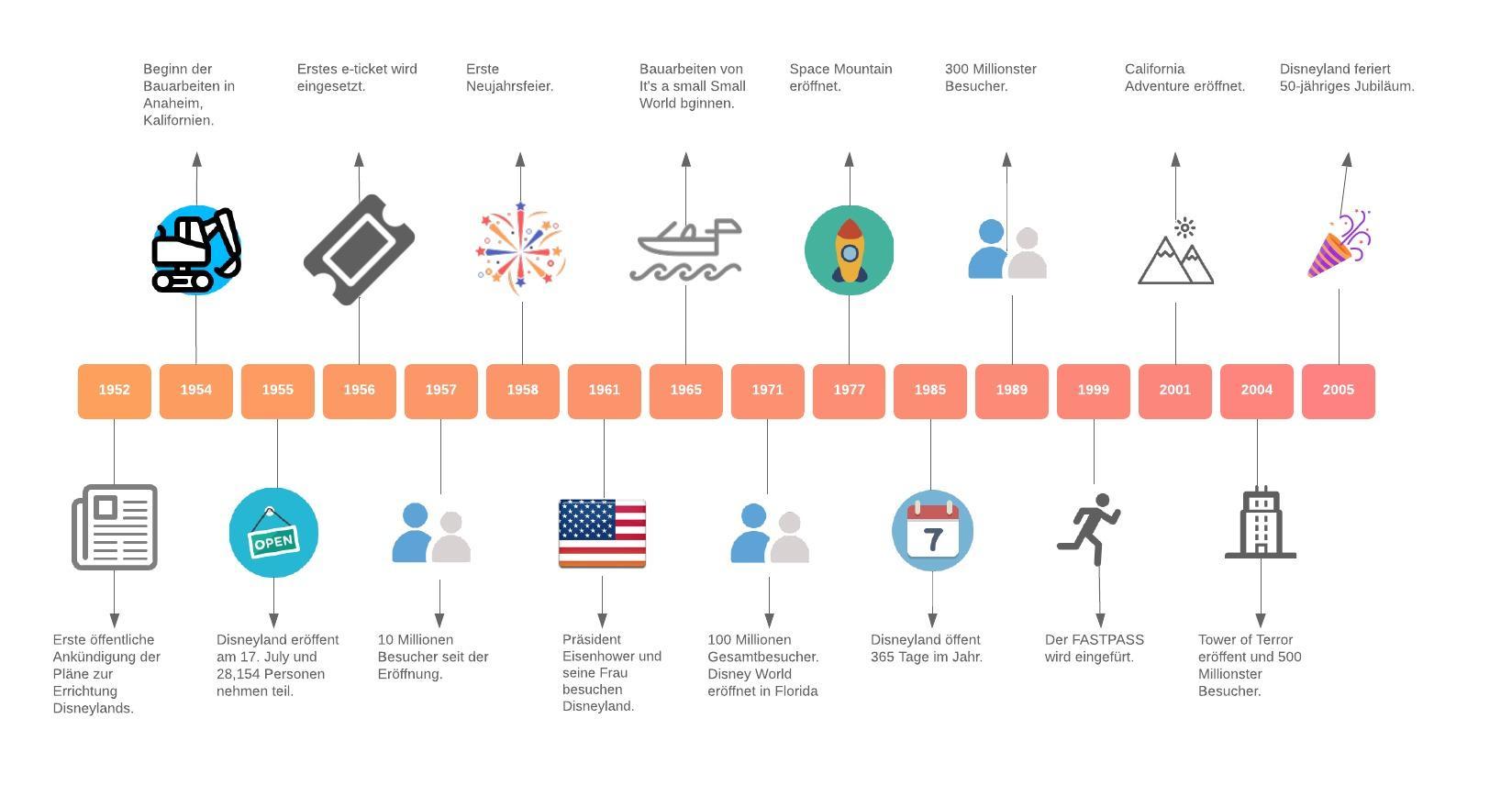Ticketmaster Warning: Fake Ticket Sellers Costing Punters Thousands

Table of Contents
Identifying Fake Ticket Sellers and Their Tactics
The tactics employed by fake ticket sellers are increasingly sophisticated, making it crucial to be vigilant. Learning to spot the red flags is your first line of defense.
Spotting Red Flags in Online Ticket Sales
Several warning signs indicate a potentially fraudulent ticket sale. Be wary if you encounter any of the following:
- Unusually low prices: If a ticket price is significantly lower than the average market price, it's a major red flag. These deals are often too good to be true.
- High-pressure sales tactics: Aggressive sellers pushing you to buy immediately without time to verify details are a serious warning sign.
- Poor website design: Unprofessional websites with grammatical errors, outdated designs, or missing contact information are often associated with scams.
- Lack of secure payment options: Avoid sellers who only accept payment through untraceable methods like wire transfers or gift cards. Legitimate sellers will offer secure payment gateways like PayPal or credit card processing.
- Unclear seller information: A lack of transparent seller details, including contact information and verifiable business address, should raise concerns.
- Non-refundable tickets: Be wary of sellers offering non-refundable tickets, as this removes any recourse if the tickets turn out to be fake.
Fake ticket sellers often employ deceptive practices such as selling counterfeit tickets, using stolen credit card information to make purchases, or simply taking your money and never delivering the tickets. Always verify the seller's legitimacy through independent sources before proceeding with a purchase.
Beware of Social Media and Unofficial Resellers
Purchasing tickets from unofficial sources like Facebook Marketplace, Craigslist, or unregulated reseller websites carries significant risks. These platforms often lack robust buyer protection mechanisms, leaving you vulnerable to scams. While you might find tickets, the risk of receiving fake tickets is considerably higher than using official channels. Sticking to official ticketing platforms like Ticketmaster (while acknowledging the platform's own sometimes controversial practices) whenever possible significantly reduces your risk.
Protecting Yourself from Fake Ticket Sellers
While the risk of encountering fake ticket sellers is real, proactive measures can significantly reduce your chances of becoming a victim.
Using Official Ticketing Platforms
Using authorized ticketing platforms like Ticketmaster offers several crucial advantages:
- Guaranteed authenticity: Tickets purchased directly from the official source are virtually guaranteed to be genuine.
- Buyer protection: Reputable platforms often offer buyer protection policies, offering refunds or replacements if something goes wrong.
- Secure payment methods: Official platforms typically employ secure payment gateways, protecting your financial information.
- Ticket transfers: Many platforms allow you to safely transfer tickets to friends or family if you can no longer attend the event.
- Guaranteed entry: With official tickets, you'll be confident you can enter the venue without issue.
Remember, however, to carefully review the terms and conditions of any platform before purchasing.
Due Diligence Before Purchasing
Before you click "buy," take these steps:
- Verify seller credentials: Thoroughly check the seller's reputation, reviews, and contact information. Look for independent verification of their legitimacy.
- Check reviews: Read reviews from other buyers to gauge the seller's trustworthiness. Be cautious of sellers with overwhelmingly positive reviews that seem too good to be true.
- Scrutinize ticket details: Ensure the ticket details match the event information and that the tickets are valid for the correct date and time.
- Use secure payment methods: Utilize payment options like PayPal or credit cards that offer buyer protection. Avoid untraceable payment methods.
- Read the terms and conditions: Carefully review all terms and conditions before completing any transaction.
What to Do If You've Been Scammed by Fake Ticket Sellers
Discovering you've been scammed can be frustrating and upsetting. Act quickly to minimize the damage.
Reporting the Scam
If you believe you've purchased fake tickets, take immediate action:
- Report to the platform: Report the incident to the platform where the transaction occurred. This helps them investigate and prevent future scams.
- Contact your bank/credit card company: File a chargeback with your bank or credit card company to dispute the fraudulent charge. Act swiftly as there are often time limits for these requests.
- Report to authorities: Depending on the situation and the amount of money lost, consider reporting the incident to your local police department or relevant consumer protection agencies. You may find resources on the website of your local consumer protection agency.
Learning from the Experience
Experiencing a ticket scam is unfortunate, but it presents an opportunity to learn and improve your online purchasing habits:
- Prioritize official channels: Always favor official ticketing platforms over unofficial resellers.
- Verify seller legitimacy: Always take the time to verify the seller's credentials and check reviews before purchasing.
- Use secure payment methods: Prioritize secure payment options with buyer protection.
- Be wary of suspicious deals: If a deal seems too good to be true, it probably is.
Safeguarding Your Concert Experience from Fake Ticket Sellers
The threat of fake ticket sellers is real, potentially costing you significant money and ruining your planned event. By diligently following the advice in this article, you can dramatically reduce your risk. Remember to always utilize official ticketing platforms whenever possible, conduct thorough due diligence before purchasing, and promptly report any suspected fraudulent activity. Share this article with your friends and family to spread awareness and help others avoid falling victim to these scams. Learning to spot fake ticket sellers and practice safe ticket purchasing ensures a worry-free experience.

Featured Posts
-
 Programma Tileorasis Savvatoy 10 5 Odigos Metadoseon
May 30, 2025
Programma Tileorasis Savvatoy 10 5 Odigos Metadoseon
May 30, 2025 -
 Corporate Earnings The Solid Present And Uncertain Future
May 30, 2025
Corporate Earnings The Solid Present And Uncertain Future
May 30, 2025 -
 Juedische Sportgeschichte In Augsburg Rueckkehr Und Erbe
May 30, 2025
Juedische Sportgeschichte In Augsburg Rueckkehr Und Erbe
May 30, 2025 -
 Wichtige Daten And Ereignisse 10 April
May 30, 2025
Wichtige Daten And Ereignisse 10 April
May 30, 2025 -
 Jacob Alon A Dentists Unexpected Career Shift
May 30, 2025
Jacob Alon A Dentists Unexpected Career Shift
May 30, 2025
